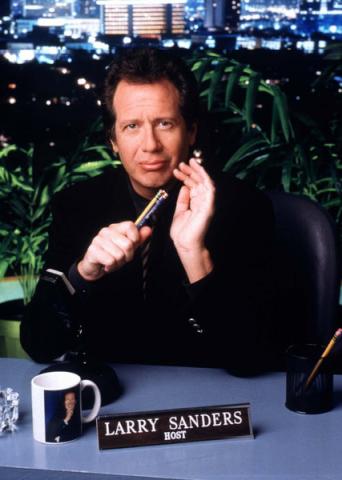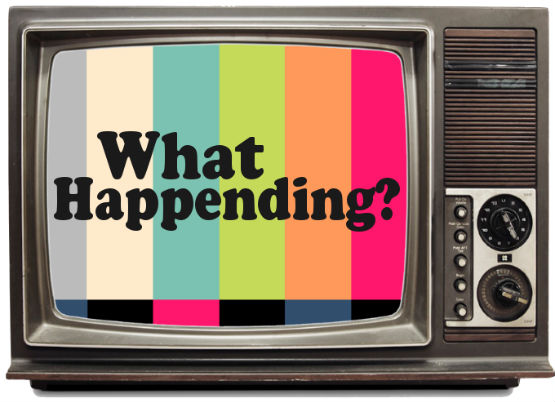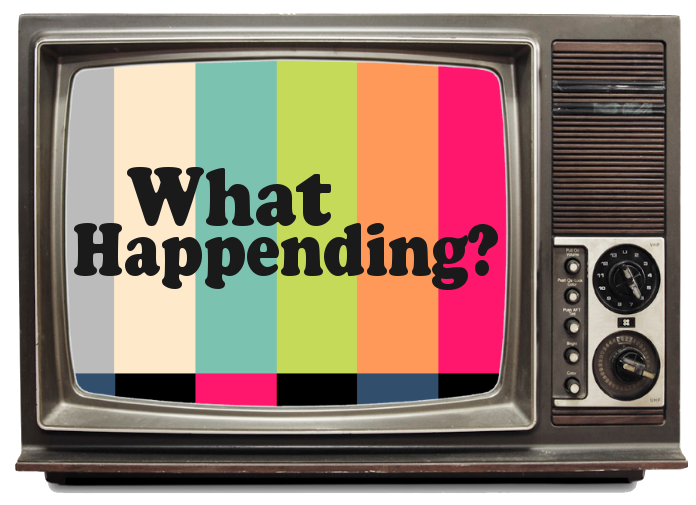In ‘The Larry Sanders Show,’ Larry, Garry and the Audience Made a Comic Love Triangle

The first thing you hear in “The Larry Sanders Show” is Hank Kingsley (Jeffrey Tambor), the sidekick to the late-night host Larry Sanders (Garry Shandling), preparing the members of the studio audience of the show within the show. The host, he tells them, needs their help — their applause, their affirmation. “The better you are,” he says, “the better Larry is.”
We don’t see the crowd, yet we’ve just been introduced to the most important relationship in the show. Mr. Shandling, who created this HBO comedy — it ran from 1992 to 1998 — with Dennis Klein and who died on Thursday at 66, didn’t just produce a template for the modern sitcom. He created a love story — the story of the selfish, intense and generative love of an artist for his audience.
And Larry Sanders — well, he was not what you would call a conventionally lovable guy. He was passive-aggressive, preferring to delegate his battles to his producer, Artie (Rip Torn). He was not terrific at relationships (ask his ex-lover Roseanne), nor was he the world’s greatest boss. He was vain and insecure. He was self-centered, self-loving and self-hating all at once.
But he was deeply human in his flaws, the greatest of which was his bottomless need. He needed to connect, he needed affirmation, he needed to please. His signature line, “No flipping!” — mimicking an itchy finger on a remote — was the entertainer’s creed: Don’t leave me!
The conflict in the first episode comes when Larry’s network pressures him to do live commercials on his show. The product is a gardening tool, the Garden Weasel. He tries to read the copy straight, but — well, for God’s sake, it’s called a Garden Weasel. The audience giggles. He can’t resist: “You just gently glide your weasel,” he says, savoring the double-entendre and the laugh.
The scene is a tiny study in why artists are artists. Larry hates conflict; on one level, he wants to please the network. But in the moment — and Mr. Shandling shows the magnetic pull as the crowd responds — he needs to please his audience more. He doesn’t know how not to do it.
Mr. Shandling did not pretend to be a dramatic chameleon; to watch Larry do stand-up was more or less to watch Garry do stand-up. But Mr. Shandling created a character tailored to his instrument. His body language betrayed constant anxiousness: fussing with the tie, patting his stomach. Mr. Shandling’s face, which swung from a broad grin to melting self-pity, defined Larry’s oleaginous character. It was a shield made of oil and rubber, for a town where battle was done over lunch and in green rooms.
“The Larry Sanders Show” was one of those sitcoms that you’ve seen even if you never watched it. You could measure its influence in the careers of its alums (among them the producers Judd Apatow and Peter Tolan). You could draw a line from it to insider satires like “30 Rock” and comedies, like “Louie,” that blur the boundary between character and performer.
Beyond that, Mr. Shandling and company created the visual vocabulary (fly-on-the-wall naturalism) and voice (scathing) for a generation of comedy. What are Armando Iannucci’s “The Thick of It” and “Veep” but the “Sanders”-ization of politics?
But if “Larry Sanders” was ahead of its time, it was also brilliantly of its time, the apogee of late-night TV’s heat and influence. With its real-life guest stars and fictional boldface-name scandals, it reflected and thrived off the tabloid culture of the 1990s, which we’re currently reliving through FX’s “The People v. O. J. Simpson.” In the fourth season, as the trial rages, Larry learns that he bumped O. J. the last time he’d been scheduled on the show, and Larry’s reply is pure Hollywood: “Who knew he was going to get this hot?”
The series finale finds Larry planning his own Johnny Carson-style farewell, including “the emotional moment,” the guest who will sing to him with meticulously planned feeling. Larry wants a woman; he gets Jim Carrey, who belts “And I Am Telling You I’m Not Going,” from “Dreamgirls,” then tells Larry he despises him during the commercial break.
Mr. Shandling, the writer of the episode with Mr. Tolan, made insecurity one of the themes of his life’s work, and this episode may be its purest distillation. The lights are about to go off, and Larry is being saluted by a parade of stars for whom, after all, creating a memorable goodbye is a smart career move. Is the love all an act?
Maybe. But for an entertainer, maybe the act is love. Larry’s relationship with his audience is performative and transactional, but it’s also the most authentic one he knows, and he ends his talk show saying goodbye to them. “God bless you,” he says, his voice finally cracking, “and you may now flip.”
By Steve Poniewozik March 25, 2016





